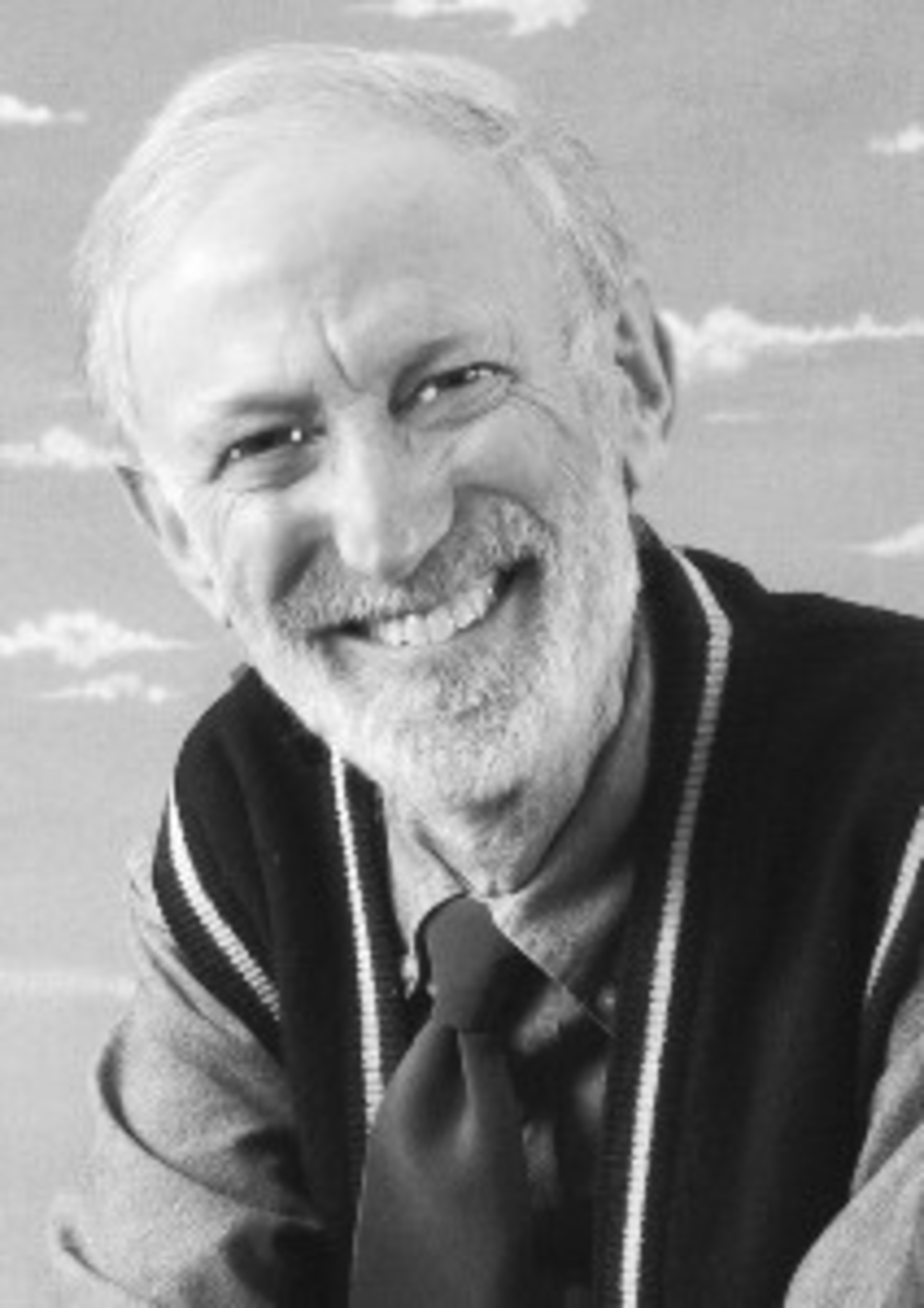A little less ‘progress’ would do us a world of good
Our collective human problem is not how to save the planet for us ... but rather from us! We must back off from “civilizing” the poor troubled planet, and leave some space to the free creatures of the “wilderness.”
Pope Francis was correct: It is a sacrilege to dump our trash into the ocean. It is unholy to poison Eden ... and then congratulate ourselves for taming the world, domesticating its animals, yoking and harnessing them, turning their noble freedom into a state of permanent slavery.
We treat the planet like an immense concentration camp ... even an extermination camp!
I am not endeavoring to erase the quest of our ancestors for tables and chairs, cups and saucers, wine goblets, or pillows on which to rest their heads. I only seek to restrain what a globalized world means by “progress,” with all its ills. Insecticides on the front lawn, seeping into rivers and ponds. Airports erasing farmlands. Our obsessions with speed, convenience, the highways systems to give your car access to the hidden wonders of Creation. And all the rest of what we seem to be most proud of.
We chop down trees to make toilet paper and tissues – and open up business opportunities for air-conditioning units.
I don’t want to be guilty of sentimental nostalgia, but many of us miss our childhood culture. I don’t regret anything since I was a child, I just want to slow down and seek higher aims and purposes, I want to learn and teach respect for everything that is not made by our hands – or, worse, by machines and robots – but made by the Divine Designer, who said a blessing after each element of the universe was created: “It is good!”
Our Torah tales have a strange timeliness under all circumstances. Kashrut, in my view, was initiated to protect animals from human cruelty. You cannot maim an animal nor exterminate its kind.
No matter the philosophy of the moment, the common and uncommon sense in the Torah makes each word relevant to every era.
The great invention of our species is the Sabbath, a weekly day of freedom from nervous and anxious work. You don’t till the soil or even bake or broil your supper on Friday, Saturday or Sunday, depending on your cultural calendar. You use those hours to relax, enjoy yourself and contemplate the beauty of our world, the majesty, mystery and meaning of life.
MIKE FINK (mfink33@aol.com) teaches at the Rhode Island School of Design.








